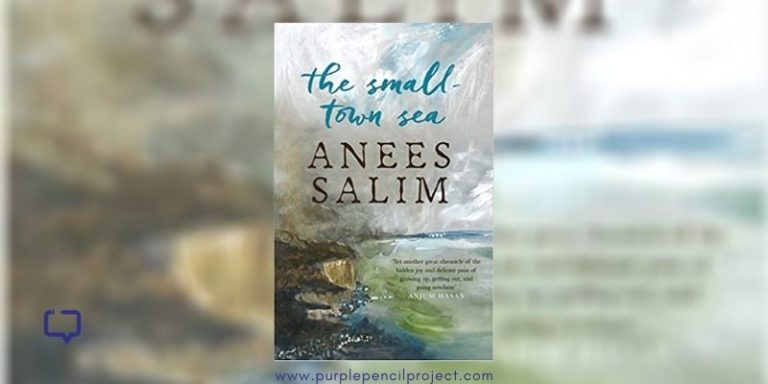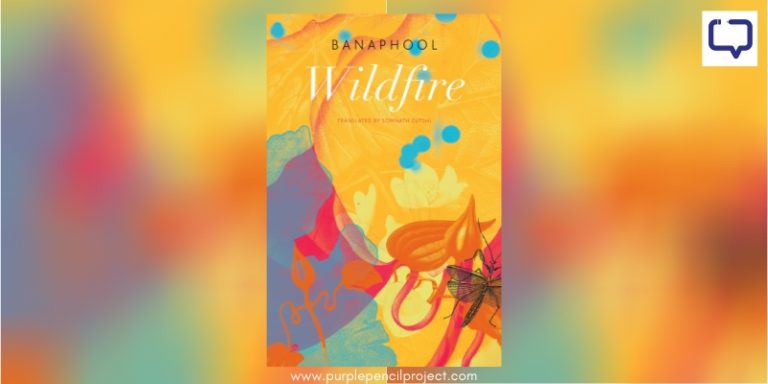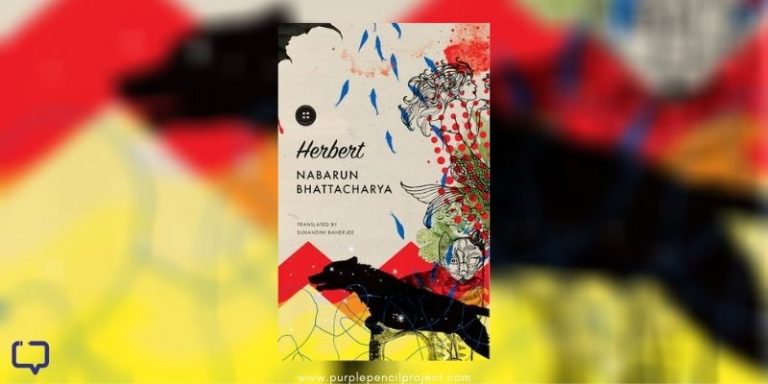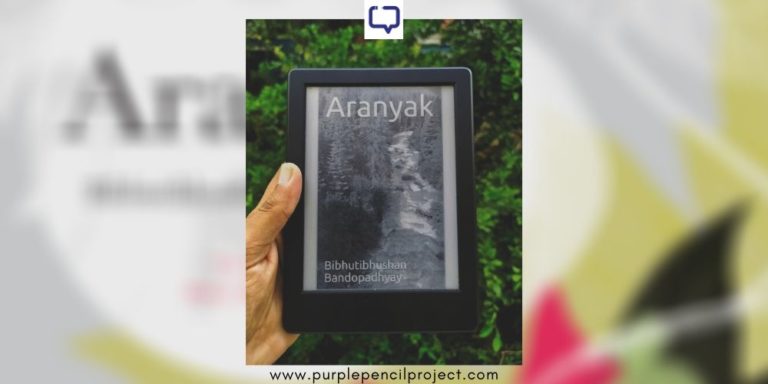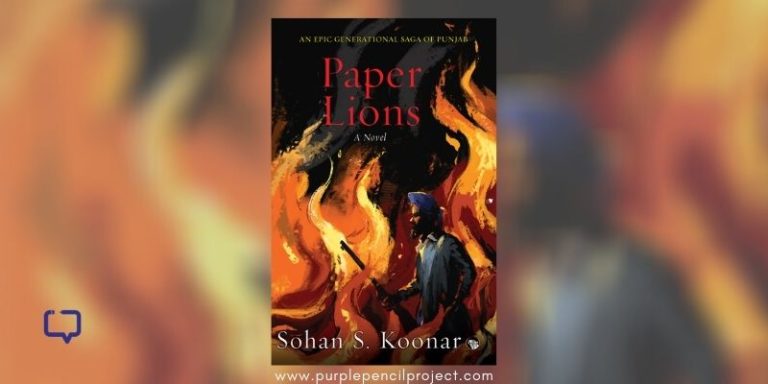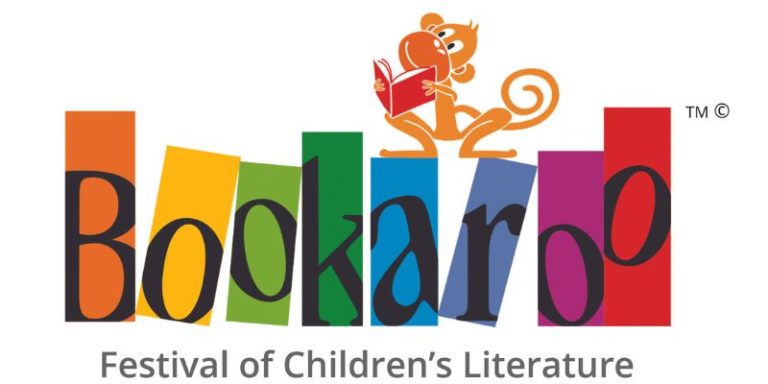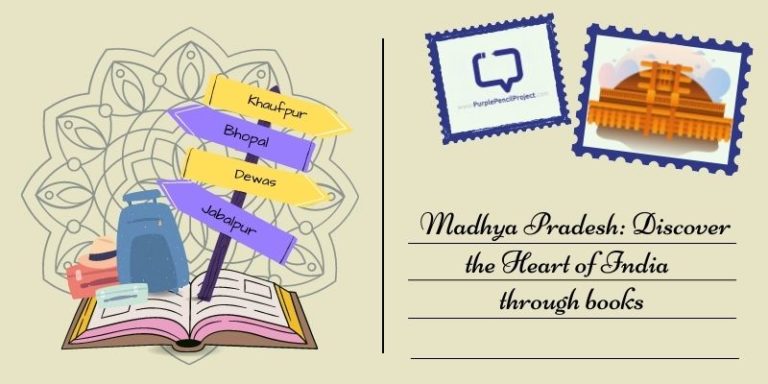Blood is a short novel by Bengali novelist Sunil Gangopadhyay which was originally titled Rakta. The novel is all about how an old pre-Independence era photograph rekindles memories of displacement, identity crisis and loss of familial ties in the protagonist – Tapan.
We encourage you to buy books from a local bookstore. If that is not possible, please use the links on the page and support us. Thank you.
Plot Points
Blood starts in the house of Alice, Tapan’s love interest, where he spots a photograph of his father with Alice’s father. This triggers in him a series of nightmares, about the life that he has left behind in India. Tapan scorns the idea of a possible friendship between India and Britain, having been discriminated against on numerous occasions by the so-called ‘whites’.
The story finds Tapan dealing with his internal turmoil as he strives to become a free-thinking global citizen who is unable to let go of his horrific past. The question that the novel tries to ask the reader is whether India, like Tapan, has been unable to come out of the horrors of the past or has progressively moved on like Dibakar, Tapan’s friend.
About the title
“Everything may be forgotten, but the blood that flows through the veins, it never forgets.”
Quite clearly, the title of the novel, Blood, indicates blood ties. A person might become a global citizen, but he or she still has a longingness and attachment for their origin, land, their home. As Alice points out in the novel, “like the trees on our planet, humans too cannot survive without roots.” This becomes the message that the author leaves us with. A person can jerk away his or her past, but cannot ever cut off their roots.
Identity Crisis
“It dawned on Tapan that he’ll remain a vagrant forever – he’ll lose his old identity but won’t be consecrated in the new one, he’ll relinquish his homeland but never find a replacement.”
A major theme in the novel is the question of identity. Tapan tries very hard to become a global citizen. On numerous occasions throughout Blood, he points out that he does not believe in the idea of nationality or countries. Does he succeed? Not quite, as the horrors of his past don’t allow him to entirely overcome his trauma. That is why, when he sees his father’s photograph with Alice’s father, memories start flooding in his mind. All he wants is to listen to the story of Alice’s father’s death in spite of knowing the fact that she was tortured to even think of it.
So it would not be an exaggeration to say that Tapan is lost in the middle – neither is he a completely Bengali, nor is he an entirely global citizen. Neither is he able to live abroad without being racially discriminated nor can he go to India as he doesn’t know what to do there, or where to go. Therefore, when Dibakar calls him a ‘vagabond’, the reader knows that he is constantly wandering in search of his own identity.
A Friendlier Future?
“You and I might forget our mutual hostilities, but until our two countries come much closer, a closeness founded on equality, the people of the two countries will never be in harmony with one another.”
What Gangopadhyay seems to be hinting at through the novel is the chance of a friendlier future between the coloniser and the colonised where both can forget their differences. However, is it really possible for India and Britain to strike up a friendship after all that has passed? The author’s response to this is ambiguous.
While on the one side, through the friendship of Tapan and Ted, Gangopadhyay shows that a future alliance is possible between the two countries, he contradicts this view by showing Alice and Tapan’s relationship.
After seeing the photograph of their fathers together, Alice is not the same as Tapan. He tries to part ways with her saying, “a British woman who goes out with Indian or African men gets stigmatized, no British man would pay attention to her.” She is just the daughter of the man whom his father had once killed. He tells Alice, “how can you even tolerate me knowing that I am Indian?” However, Alice seems to have moved on. She doesn’t share the mindset of Tapan and goes on to say, “I don’t look upon people as Indians or British or Americans. I look at them as humans.” It is now left to the reader to decide whether Indians and the British can really be friends.
Conclusion
The novel gives its reader a beautiful insight into the trauma and identity loss which might result post the independence of India. For people who like to read novels on post-independence India, this is surely a must-read. It will appeal to readers like Jhumpa Lahiri, and even Salman Rushdie, both authors who often write about displacement and the inner lives of the diaspora.
Favourite Quote
“Everything may be forgotten, but the blood that flows through the veins, it never forgets.”












